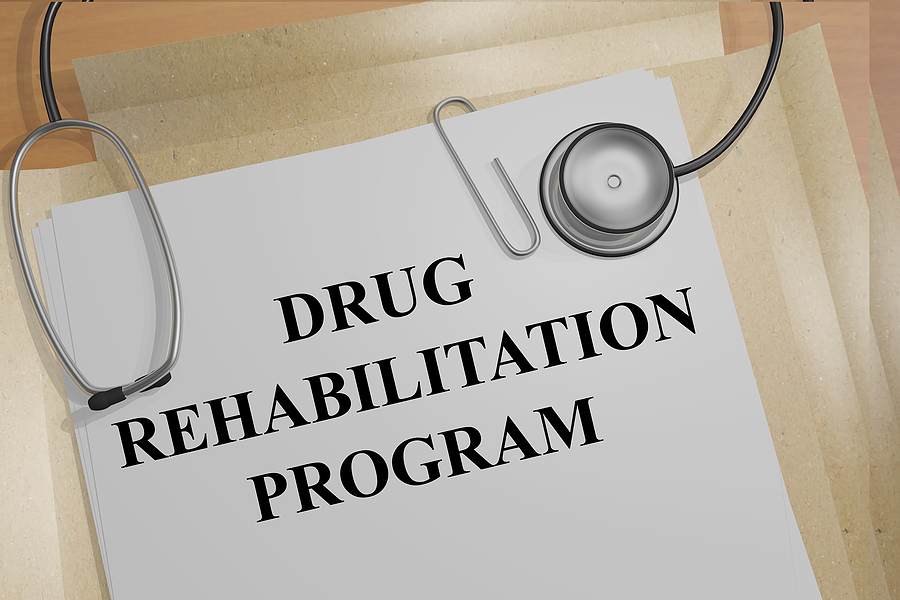Opioid addiction remains a pressing issue, affecting countless people across the United States. Recognizing the need for effective solutions, many addiction treatment centers have developed special programs for opioid addiction. This article explores various options available in opioid treatment programs at addiction treatment centers.
Opioid Detoxification
Opioid detoxification is often the first step in the treatment of opioid addiction. This process involves the safe removal of opioids from the body, allowing individuals to manage withdrawal symptoms effectively. Detox programs in addiction treatment centers utilize medical supervision and evidence-based practices to ensure patient safety during this critical phase. The detox process can be challenging, as withdrawal symptoms may include anxiety, nausea, and intense cravings, highlighting the importance of a structured environment.
During opioid detoxification, medical professionals may employ medication-assisted treatment (MAT) to alleviate withdrawal symptoms and reduce cravings. Medications such as buprenorphine or methadone can provide relief, helping individuals transition more smoothly into the next phase of their recovery.
Inpatient Treatment
Inpatient treatment programs provide a comprehensive approach to opioid addiction by immersing individuals in a structured and supportive environment. During their stay at an opioid rehab center, patients receive around-the-clock care. Inpatient programs often incorporate various therapeutic modalities, including individual and group therapy, to address the psychological aspects of addiction.
Outpatient Treatment
Outpatient treatment programs cater to clients who may not require the intensive support of inpatient care yet still need structured assistance in their recovery journey. These programs provide flexibility, allowing patients to attend therapy sessions while maintaining their daily responsibilities, such as work or family obligations. Outpatient opioid addiction treatment typically includes counseling, medication management, and support groups, which are essential for fostering continued sobriety.
Aftercare Services
Aftercare services are important for ensuring long-term recovery from opioid addiction. These services provide ongoing support and resources for individuals who have completed their initial treatment programs. Aftercare may include regular check-ins, support group meetings, and continued access to counseling. The goal of aftercare is to help clients maintain their sobriety and navigate the challenges of reintegrating into daily life.
Effective aftercare programs often incorporate relapse prevention strategies, teaching individuals how to identify triggers and manage stressors that could lead to relapse. This ongoing support is important, as the opioid epidemic continues to pose significant risks, including potential overdose and relapse. By offering a robust aftercare framework, addiction treatment centers can empower individuals to sustain their recovery journey, ultimately leading to healthier, substance-free lives.
Contact the Serenity Treatment Center of Louisiana
If you or someone you know is struggling with opioid use disorder, the Serenity Treatment Center of Louisiana is here to help. Our specialized programs provide comprehensive care tailored to the unique needs of individuals facing opioid addiction. We offer a range of treatment options, including detoxification, inpatient and outpatient programs, and aftercare services, all designed to support lasting recovery.
At Serenity Treatment Center, our team of dedicated professionals is committed to guiding individuals through every stage of their recovery journey. We utilize evidence-based practices and the latest research from the National Institute on Drug Abuse to ensure our patients receive the highest quality of care. Contact Serenity Treatment Centers of Louisiana at (225) 361-8445 to get the help that you.










